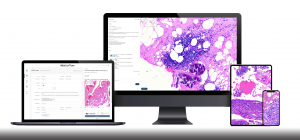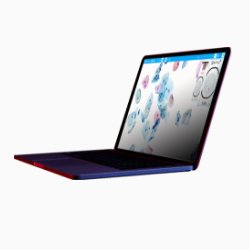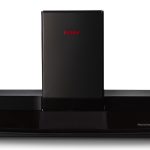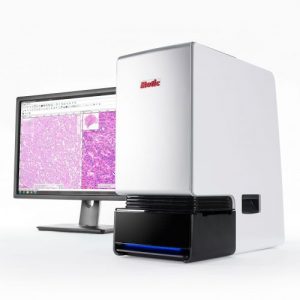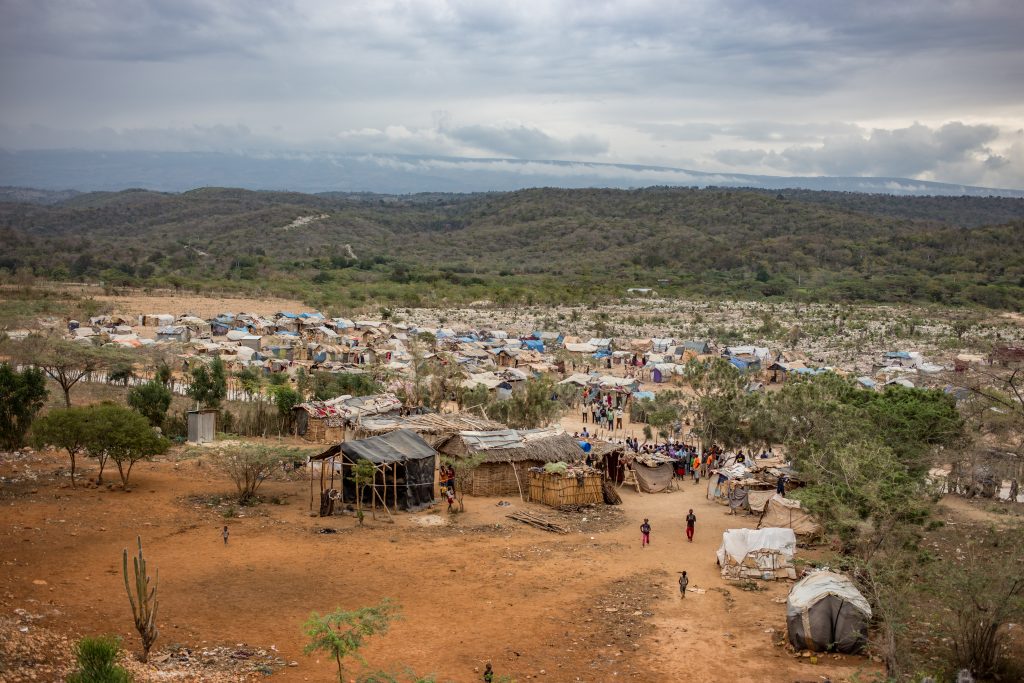
Pathology departments worldwide are embracing digital platforms, bringing about a revolution in cancer diagnosis and treatment. Despite recent improvements in medical technologies, many rural and underdeveloped communities still lack access to these advancements. That is why Motic makes it a priority to provide hospitals worldwide with access to affordable telepathology platforms. As part of our initiative to make healthcare accessible in underserved communities, Motic is redefining the face of healthcare in Haiti by integrating telepathology systems that affordably empower hospitals with the tools to conduct rapid and reliable diagnostics.
Haiti’s Healthcare Challenges
Political unrest and extreme poverty make access to essential healthcare services a major concern in Haiti. Individuals from remote areas or lower socioeconomic backgrounds face limited access to medical care, leaving them vulnerable to undiagnosed and untreated diseases.
One of the most pressing healthcare concerns that Haiti faces is the lack of local pathologists. The Hôpital Universitaire de Mirebalais (HUM) is the sole hospital in Haiti where cancer patients can be diagnosed and treated, yet it lacks on-site pathologists.
The hospital formerly had three on-site pathologists, according to Dr. Jean Paul, a principal employee of the Oncology Department at HUM. In a region where terrorist attacks were common, one of the three pathologists came perilously close to being kidnapped. The pathologists could no longer travel to the remote area where HUM is located due to the inherent dangers. The hospital quickly went from having three pathologists to having none.
Challenges of Traditional Pathology in Haiti
Using traditional pathology services to obtain reliable and timely cancer diagnoses is challenging in areas like Haiti where pathologists are few to none. Before installing Motic’s digital pathology system, Dr. Jean Paul, a principal employee of the Oncology Department at HUM, shared his experience of having to ship case slides to Boston for secondary consults due to the absence of pathologists. International shipping times made it so that it took several weeks to months for the pathologists in Boston to obtain the case slides. Even longer was the wait to receive the diagnoses. In addition to the delay in receiving the diagnoses, transporting the case slides overseas posed the risk of the specimen being damaged or lost.
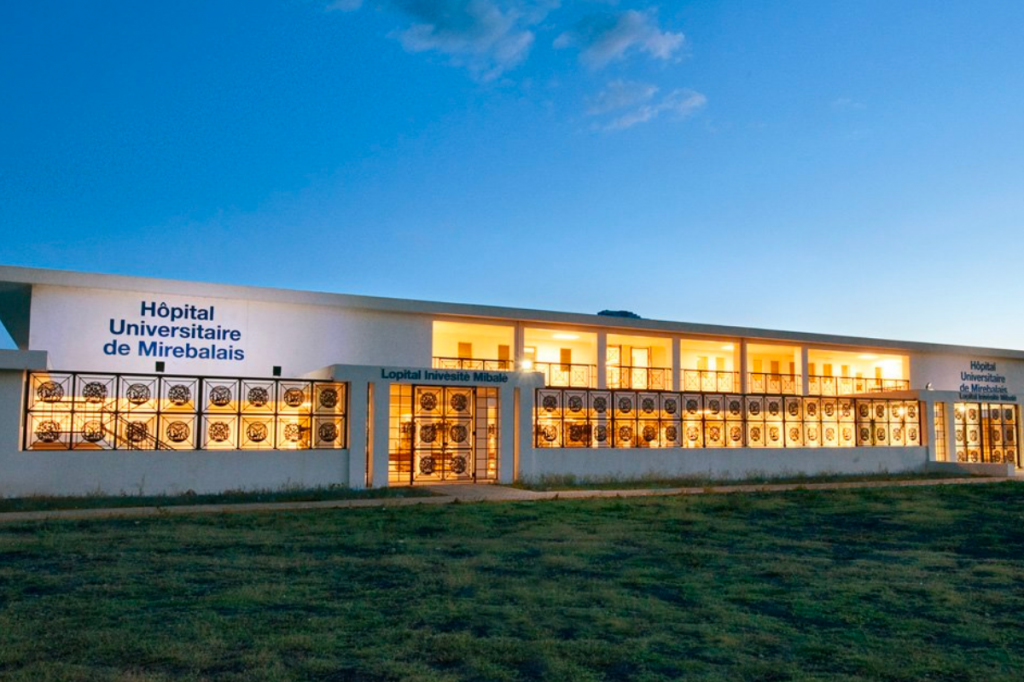
HUM is a 300-bed facility that serves over 180,000 Haitian citizens
Introducing Digital Pathology to Haiti
In February 2021, our Motic team worked remotely with Rebecca Henderson, a Ph.D. student at the University of Florida, who traveled to Haiti to install a new MoticEasyScan Pro 6 scanner and the MoticFlow case management platform at HUM. Henderson collaborated with the lab technicians at the hospital to create a well-organized workflow within the MoticFlow consulting platform. This new workflow enables the hospital with the tools to efficiently process gross specimens and digitize case slides for virtual distribution to a wide variety of pathologists. The installation was a resounding success, said Henderson, saving lab technicians the hassle of shipping case slides internationally.
Transforming Healthcare in Haiti
With the adoption of Motic’s telepathology solution, consultations can be conducted with the click of a button, from any location. This has drastically improved turn-around-time and eliminated the threat of slide mishandling during shipment. The integration of Motic’s whole-slide imaging scanners and MoticFlow not only improves productivity and expedites secondary consultations, but also allows for earlier diagnoses of potentially life-threatening illnesses. With a faster diagnosis, life-saving treatment can begin as early as possible.

